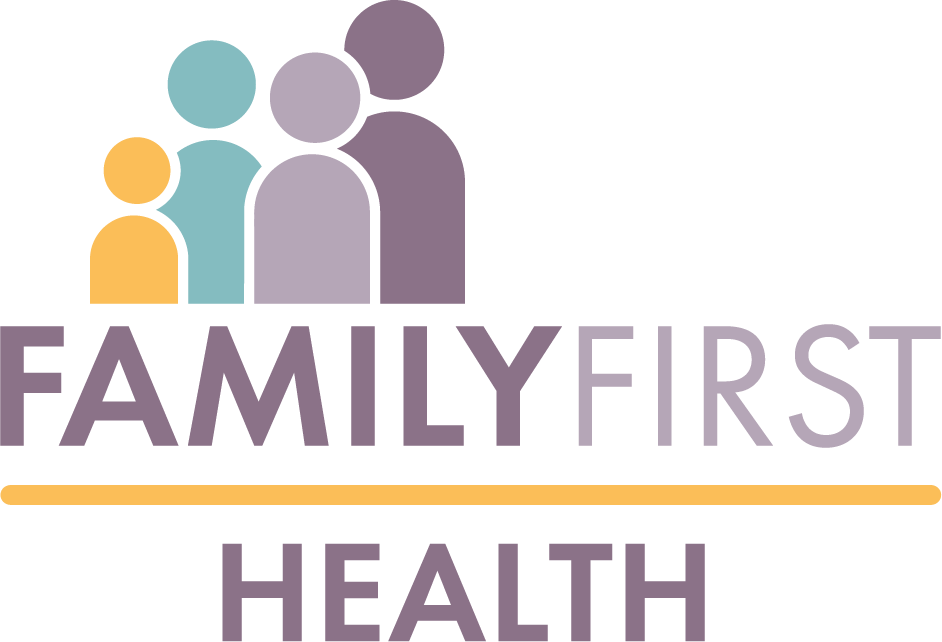DAUPHIN COUNTY, Pa (WHP) – Healthcare providers say inflation is fueling the access to care crisis among low-income patients.
“You have a health challenge and transportation issues or housing that is substandard, those things come together and make your health issues more challenging,” Community Progress Council President and CEO Robin Rohrbaugh said.
“If those challenges aren’t readily met, that’s going to impair how people do regarding their healthcare,” added Highmark Wholecare Chief Medical Officer Joseph Stankaitis.
“For people who are working, they’re trying to survive,” Family First Health Community Health Program Lead Celia Serrano said. “There is a huge amount of people that do not have insurance here in this community.”
Medical professionals are seeing low-income patients skip appointments they can’t afford.
“Once upon a time, I was in their shoes,” said Serrano.
She has spent the last two years at Family First Health, going into the community to connect those worried about making ends meet to care.
“For a point there, I was unemployed and I needed to be on public assistance,” Serrano explained. “So I know what a lot of this community goes through, I can relate to it.”
In York County, Serrano works with Haitian Creole patients, Hispanics, undocumented immigrants and those in the five-year waiting period of being lawfully in the U.S. She says many are unaware of the services available to them.
“One of the major barriers is language,” Serrano continued.
It’s a barrier seen at Community Progress Council, too, which also tries to streamline the process of finding insurance coverage for low-income patients.
“If you’re not feeling well and you’re trying to navigate through housing services and transportation and healthcare and food programs, you just don’t have the capacity to do it,” Rohrbaugh said.
And more health insurers are recognizing this need. Highmark Wholecare offers a Medicare Dual Special Needs non-medical package for patients who have both chronic health problems and live in poverty.
“Because the population that we serve is incredibly challenged,” Stankaitis continued.
AmeriHealth Caritas, UPMC Health Plan and Pennie insurance are among others offering more care at less cost.
“It levels the playing field,” Stankaitis added.
Serrano says, with so many patients coming in without insurance, Family First Health also offers a slide fee which allows them to pay for clinical care based on their income to address one of the biggest concerns they hear.
“They’re afraid that they cannot get quality healthcare,” she said, advocating more education on resources is needed.
